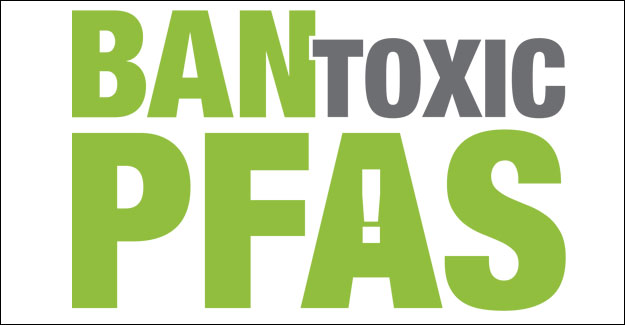
EU Extends Call For Evidence On PFAS Group Of Chemicals
Germany, Denmark, the Netherlands, Norway and Sweden are extending their request for interested parties to submit any information they have related to per‑ and polyfluoroalkyl substances (PFAS) to help with the preparation of a so‑called restriction proposal. The call for evidence, which was due to expire on 19 September, has been extended and is now open until 17 October 2021. Also very recently, the Guardian reported on a new study pointing to PFAS being found in common environments such as homes, classrooms and stores. The restriction proposal from the five abovementioned European countries aims to reduce the “manufacture, placing on the market and use of PFAS” through the EU’s REACH regime. The proposal rejects the notion of placing restrictions on individual compounds and instead argues that the entire class of PFAS should be restricted. It defines PFAS as “any chemical with at least one perfluorinated methyl group or at least one perfluorinated methylene group.” PFAS are used in everyday consumer goods to make them water, stain or heat resistant. Due to their effectiveness, PFAS are said to be used in multiple industries and in products such as stain guards, carpeting and shoes. They are used by textile manufacturers to waterproof clothing, and are used in floor waxes, nonstick cookware, food packaging, cosmetics, firefighting foam and several other consumer goods. While food and water were thought to be the main ways humans are exposed to PFAS, a new study, reported by the Guardian and other news outlets, reveals that there could be a risk of breathing them in. The Guardian reported on 31 August 2021 that toxic PFAS compounds were found to be contaminating the air inside homes, classrooms and stores at alarming levels. Researchers carried out indoor air quality tests at 20 locations, and found these so‑called “forever chemicals” at 17 of them. The airborne compounds are believed to break off from PFAS‑treated products, such as carpeting and clothing, and attach to dust or merely float around in the air. PFAS are often referred to as “forever chemicals” because they accumulate in the environment and are believed to hardly degrade. They are also known to accumulate in humans and have been linked to adverse health conditions. Environmental groups have long supported a blanket ban on the use of PFAS; however, the scope of the ban is yet to be determined. Germany, Denmark, the Netherlands, Norway and Sweden are planning to submit a completed assessment and proposal of the uses and risks of PFAS, available alternatives, and the social impact of PFAS removal to ECHA by July 2022. ECHA would then prepare opinions on the proposals by 2023. A final decision could be issued by the European Commission and Member States as early as 2025.
Textile Excellence
If you wish to Subscribe to Textile Excellence Print Edition, kindly fill in the below form and we shall get back to you with details.












